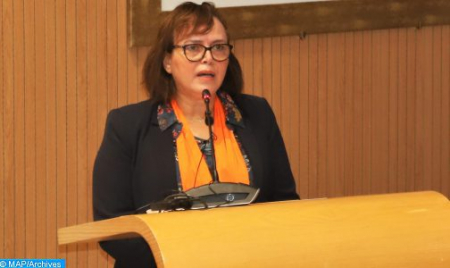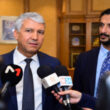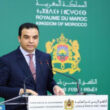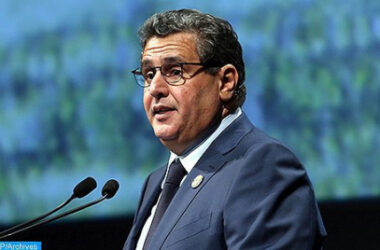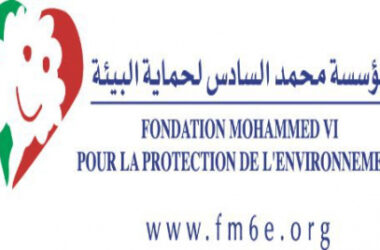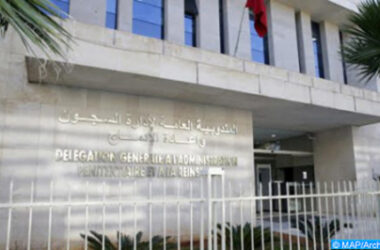Speaking at a two-day seminar organized by the Ministry under the theme “Children in mobility in Morocco, assessment and determination of their best interests, challenges and prospects for sustainable solutions,” Hayar said that the identification and assessment of this interest, especially for unaccompanied minors, is part of the concerns calling for the implementation of large-scale public policies for children.
The determination and evaluation of the best interests of this category of children requires, according to the Minister, to address this issue in various aspects, including those related to the legal foundations and their implementation in compliance with the Moroccan Constitution and treaties and charters ratified by the Kingdom, such as the International Declaration of the Rights of the Child, among others.
She noted at the opening session of this meeting organized in partnership with UNICEF-Morocco and the support of the European Union (EU), that Morocco has adopted since 2014 the National Strategy for Immigration and Asylum with human, social, economic and development dimensions, in accordance with the high royal guidelines, attracting international recognition and making the Kingdom a pioneer country, not only of transit, but of settlement, integration and optimal management of the migration issue, stressing the establishment of the African Migration Observatory, inaugurated in December 2020 in Rabat.
For her part, the EU Ambassador to Morocco, Patricia Llombart Cussac highlighted the importance of the partnership between the EU and Morocco on migration issues, which is based on a comprehensive approach, emphasizing the common challenges in the field of migration and efforts to be undertaken to provide adequate solutions.
The representative of UNICEF-Morocco, Nassim Aoul, called for continued advocacy for children’s rights and for the adoption of sustainable solutions for migrant children with a view to their integration into public policies and related strategies.





